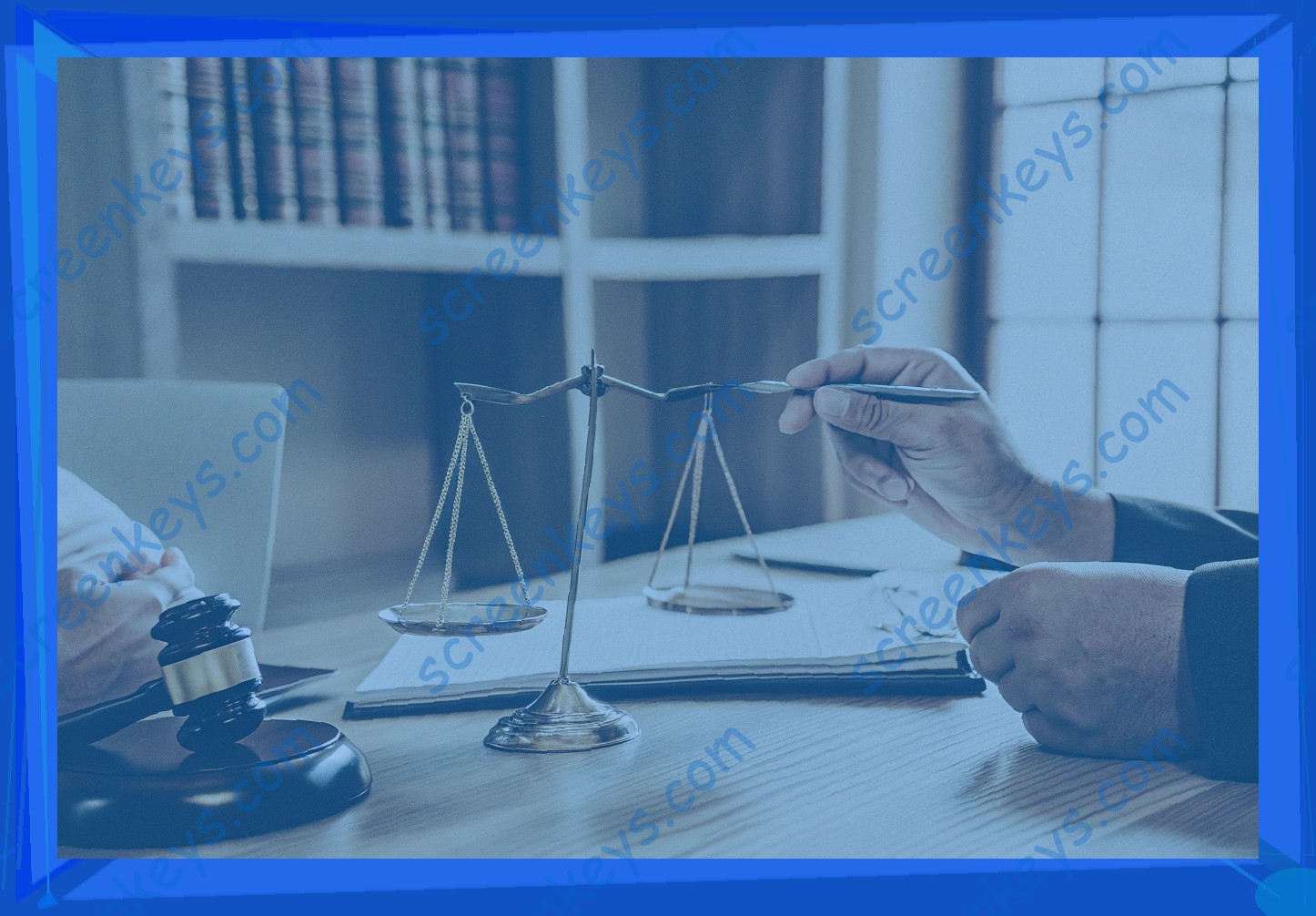Consumer Law Basics
Consumer law is a body of law that relates to the rights of consumers – the people, businesses, and legalities involved in the purchase and use of consumer products. It encompasses a broad array of topics related to the sale of goods and services from one entity to another.
From lemon laws to warranties, consumer fraud, fraud in the sale of goods and services and more, consumer laws are everywhere and they run deep. A basic consumer protection law can be found in an implied warranty of merchantability. You buy something at the store and you can expect that it will work, not be broken, and serve the purpose for which it was purchased. You assume this is true whether or not you were explicitly told so by the seller.
Sometimes consumers find themselves at odds with the goods and services they purchase from companies. If you have opened an intriguing new product only to find that it doesn’t work as expected, that it’s broken or that it was misrepresented to you, you may have a legal claim based on consumer protection statutes .
In some cases, liability also extends to parties that didn’t sell the product to the consumer directly. If for example a restaurant sold you food that was tainted with bacteria, you might be entitled to compensation. Even if the restaurant itself didn’t sell you the product that made you sick, they procured the food from a vendor—and that vendor could be held liable for selling a product that was harmful.
You can certainly sue for harm caused by a product that is sold, purchased or otherwise acquired, but the laws concerning liability and damages are complicated. Some laws are only implied, but others are part of a much larger body of statute law. What is more, some of these consumer protection statutes establish clearly defined rules to be followed by sellers of goods and services.
What’s more, some consumer protection laws allow recovery of attorney’s fees and other types of monetary damages to the injured consumer. Not every consumer protection law allows for recovery of damages, however, and you should consult an attorney to find out where you stand when it comes to recovering what you’ve lost.
The Need for a Free Consultation
Speaking with a consumer law attorney for a free consultation may help you better understand your current circumstances. Sometimes the issue you are experiencing is something that a consumer law attorney can help you with, but other times the issue is something that you can handle on your own. Of course, having some legal representation might be nice, but not always necessary. Finding out for free can save you time and frustration.
The consultation is also free because no retainer or money up front is needed to get started. Finding an attorney for consumer law issues who doesn’t require a payment up front means that you will not be buying a pig in a poke. You will receive sound advice from a consumer law attorney up front so that you can make the best decision possible about whether or not to actually hire them as your representation.
None of the offices to which we direct callers require a retainer fee or payment up front. Most do not even need a down payment. If you then decide to hire the attorney, they will begin working on your case right away. Many of these great firms will schedule appointments as soon as possible, sometimes the very next day. Of course, this does not always hold true, as consumer law attorneys often are very busy. However, a free consultation provides you the chance to know the good and the bad.
Even if the assurances of no retainer and no upfront payment are not provided, you should not be worried if you are confident in the attorney.
Locating a Consumer Law Attorney in Your City
Finding a consumer law attorney in your area who offers free consultations can be as simple as doing an online search for "consumer law attorneys in (your local area)." Many consumer law attorney’s in the country are available for consultations over the phone, so finding someone who can actually see your case is often as simple as typing a few words into Google. Here are a few other strategies for finding a free consultation:
Search the Local Bar Association:
You local state Bar Association will have a list of it’s members available on this website. Be sure to click on the right field and always check for licensure. So be careful in your attacks.
State Bar Referral Services:
Most states have legal aid referrals divisions set up that help connect those in need of legal assistance with trained professionals. They give them access, for no charge, to a large network of accredited legal professionals in their area.
Consultation Expectations
If you meet in person for the initial consultation, you can expect to spend at least an hour with your consumer law attorney. Many clients think that a phone consultation is only appropriate for simple cases; this is not the case. We do not turn away clients who would like a phone consultation, but we do require you to complete and send in an initial consultation questionnaire the way you would if you were meeting in person. On the day of your appointment, you will still need to gather any documents that your attorney requests or requests you to upload to our secure Attorney Client Portal. Usually, it is a good idea to have copies of everything (except in cases of loans, when the entire loan package is often very long), so if the attorney decides they want you to bring a different document than you sent in to us, you are pretty much covered.
If you meet in person, after going over what is on the initial questionnaire, the attorney may ask some clarifying questions or take notes. This is especially true if litigation has already started, such as a foreclosure notice or some other demand for repayment of debt. The attorney will suggest a course of action, including whether or not you should hire him or her for representation. You’ll be able to ask questions about your case to help you understand your goals and objectives, and make sure the attorney understands what your goals and objectives are . The attorney will explain whether the firm would prefer to settle the matter out of court, or go to court if the damages are large enough. If it is a loan, such as a mortgage loan, the attorney will explain that the firm will file a lawsuit to ask the court to void the loan because you received an oral promise to modify the loan or because it was falsely written and deceptive. Again, if you are meeting the lawyer in person, please bring the original loan documents with you as the firm would like to see the original document. Bring the original copy of a contract or other agreement with a bank if you can.
The attorney and client will discuss what the attorney expects from you during the case, and what you can expect from him or her as the case progresses. The attorney may ask your permission to contact a financial institution, and will explain that the financial institution has the right to record the phone calls. A written agreement will be given to you.
The attorney will also explain the contingency fee agreement. The contingency fee agreement basically states that the client does not have to pay a retainer for legal fees, but the attorney receives a percentage of funds recovered from the case (if there is a recovery) in lieu of hourly legal fee. There may also be a clause in it stating that the attorney has the right to recoup attorney’s costs; for example, if the attorney hires an expert witness to testify on your behalf, or if the attorney spends money on the filing fees to file a lawsuit on your behalf.
Questions for Your Attorney
Once you plan to meet with a free consumer law attorney you’ll want to make sure you get the most out of your consultation. It is important to know if your consumer law claim has merit and to hear and understand the attorney’s reasoning as to the strengths and weaknesses of the case. Also, ask the attorney specifically if he or she has the experience to help you with your particular case.
You should also ask the attorney about his or her assessment of whether the case would be best suited for small claims court, mediation or proceeding to a longer civil court case. Be sure to ask the attorney about his or her history of taking cases through the courts system. Because many cases are resolved before going to trial, you’ll need to ask the attorney about the experience with various judges and practices in your local court system.
Moreover, you’ll want to ask the attorney about case costs and payment arrangements to not only understand how much the attorney believes your case is worth but also to know if the case will be financially feasible for you.
Assessing Your Options After the Consultation
As you near the end of your free consultation with a potential consumer law attorney, there are several factors to consider when evaluating the information you received. First and foremost, did the attorney listen to you? Did they ask the questions they needed to in order to understand your legal situation? Did they explain how they might be able to assist you? Did you understand how much of your own time and money you would need to invest in order to work with them? Finally, could you trust this person with the details of your case? First and foremost, you should feel comfortable that the attorney understands what you discussed and that they directed the conversation to cover all the bases. Many consumers have had experiences with other types of attorneys where the attorney barely listens and just wants to talk about how great they are. If you felt confused after the consultation, it is fair to conclude that this attorney is not going to be very helpful.
If you felt that the consultation did not provide satisfactory answers to your questions, you can ask if the attorney has staff who can address those concerns. Often, a staff member will be in a better position to answer questions than an attorney. If you are unsure about how knowledgeable the attorney is on your particular issue , they may be able to refer you to another attorney with more expertise. If you are still concerned about whether your case would be successful, ask the attorney to describe similar cases with which they have dealt. No two cases are alike, but this will give you a general idea of whether they have had success with cases like yours. Beware of any attorney who is overly positive about your odds of success; attorneys do not win every case, so it would be irresponsible to promise a positive outcome.
Whatever your feelings about the consultation, it is wise to ask for any materials that are discussed during the meeting so that you can review them more thoroughly later. Once you have all the information, you will be in a better position to make the right choice for you. Some people find that they need several meetings or discussions before they feel comfortable selecting an attorney. You are not locked into anything, even if you sign paperwork at the first meeting. If you get home and feel like you have made a mistake, you can always pick up the phone to cancel the case. Rather than relying solely on your instincts, we also recommend appealing to frame your decision in the context of your budget. Even the most well-intentioned, trustworthy attorney cannot accept your case for free, so if your instincts are telling you that you cannot afford it, take their word for it.




